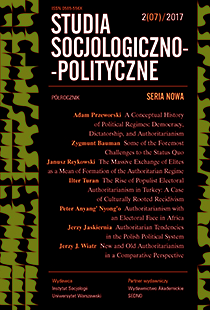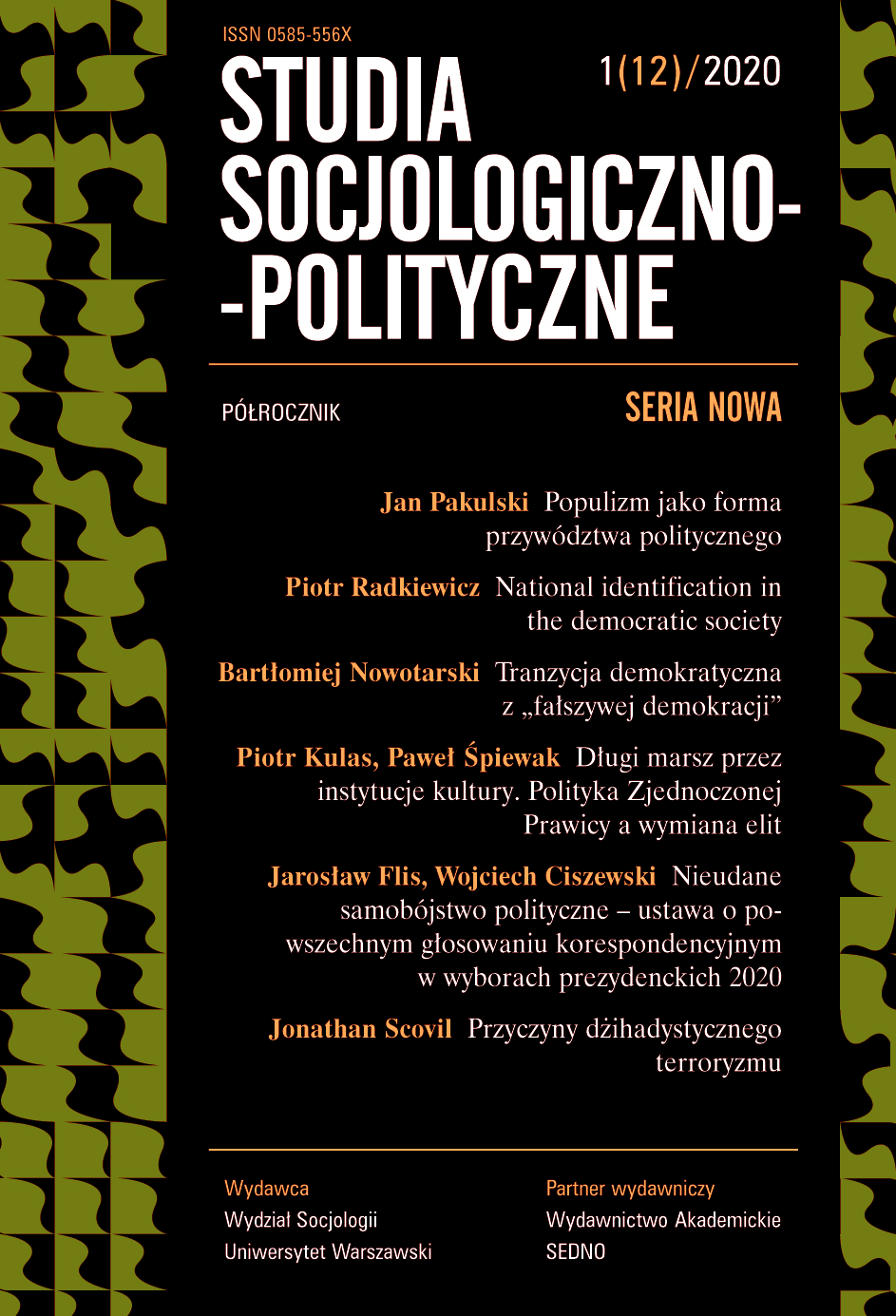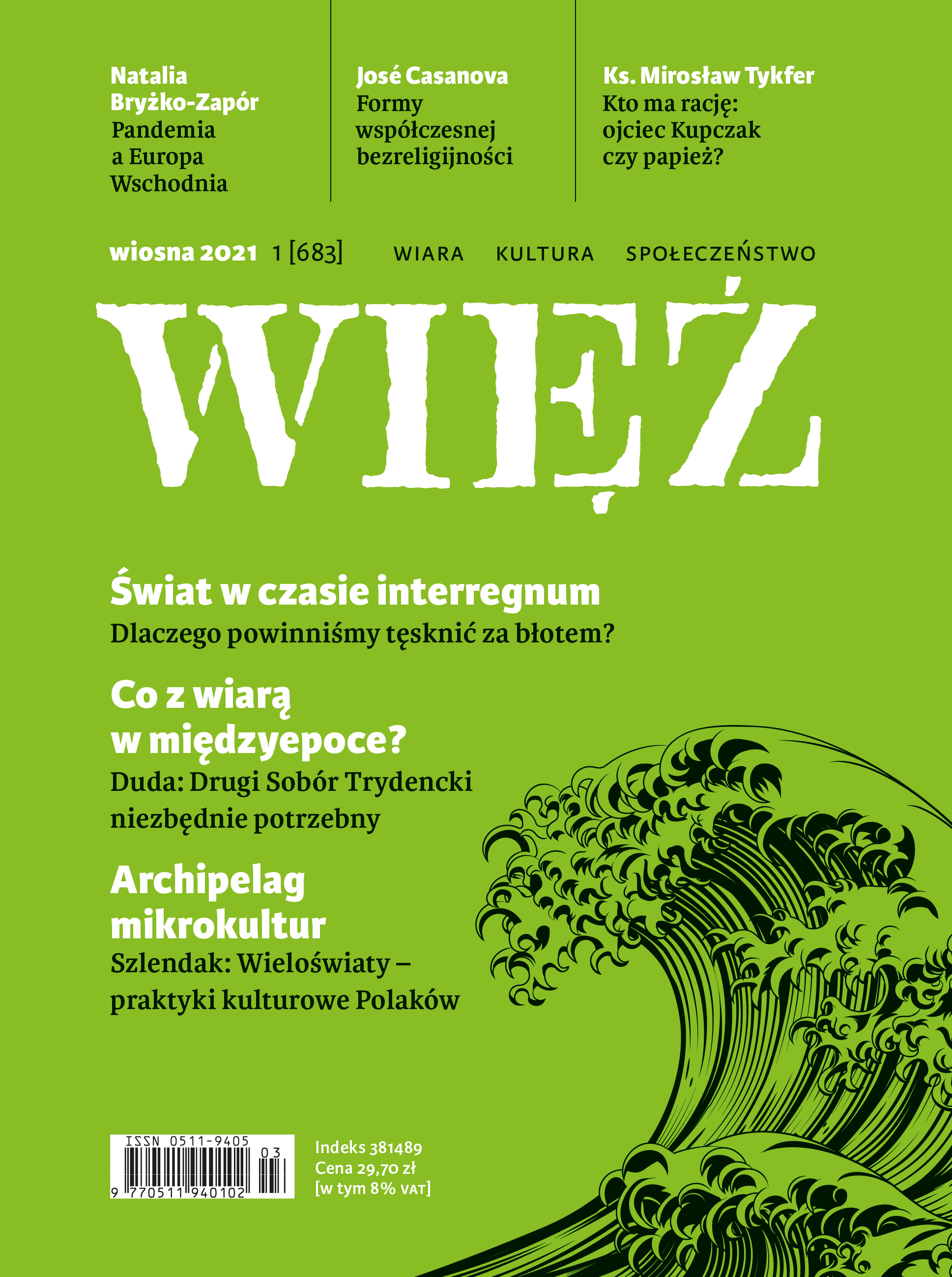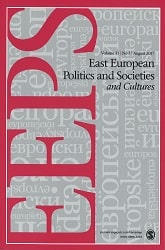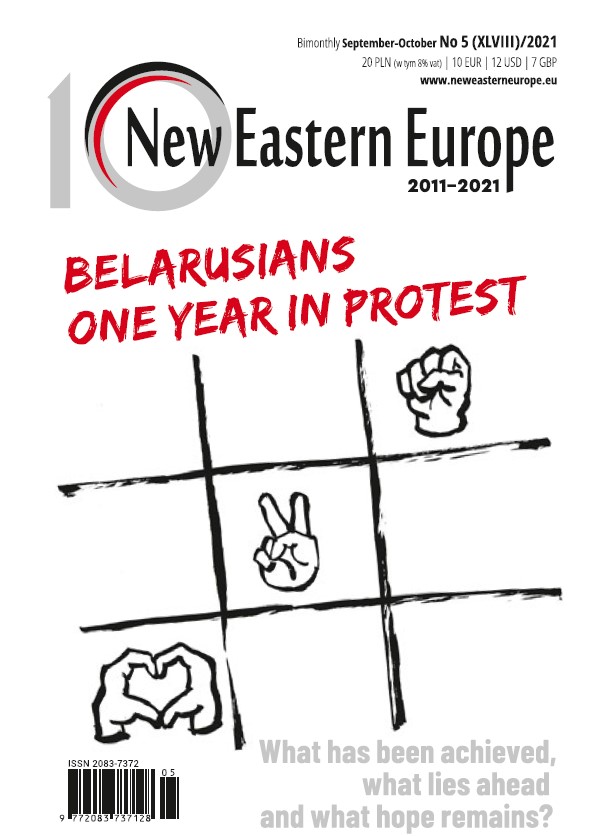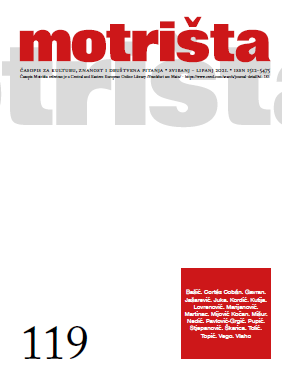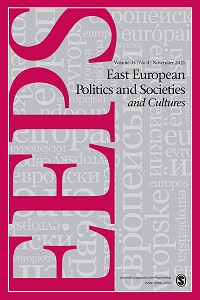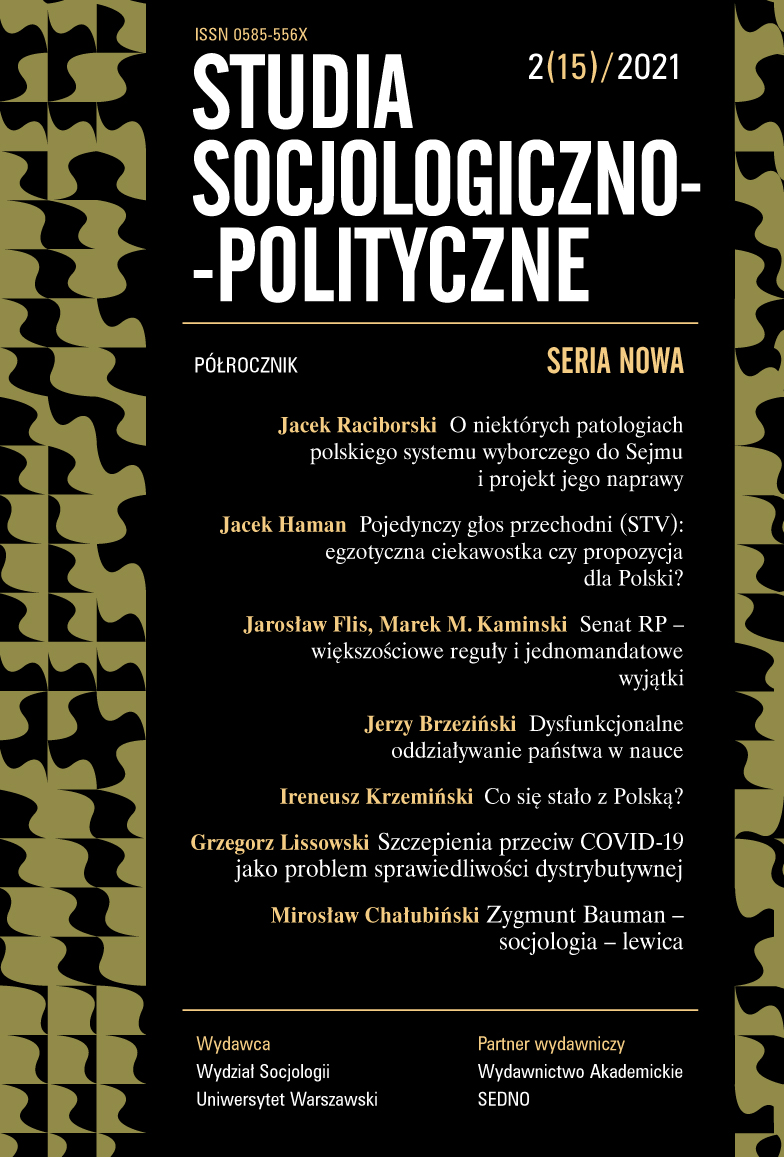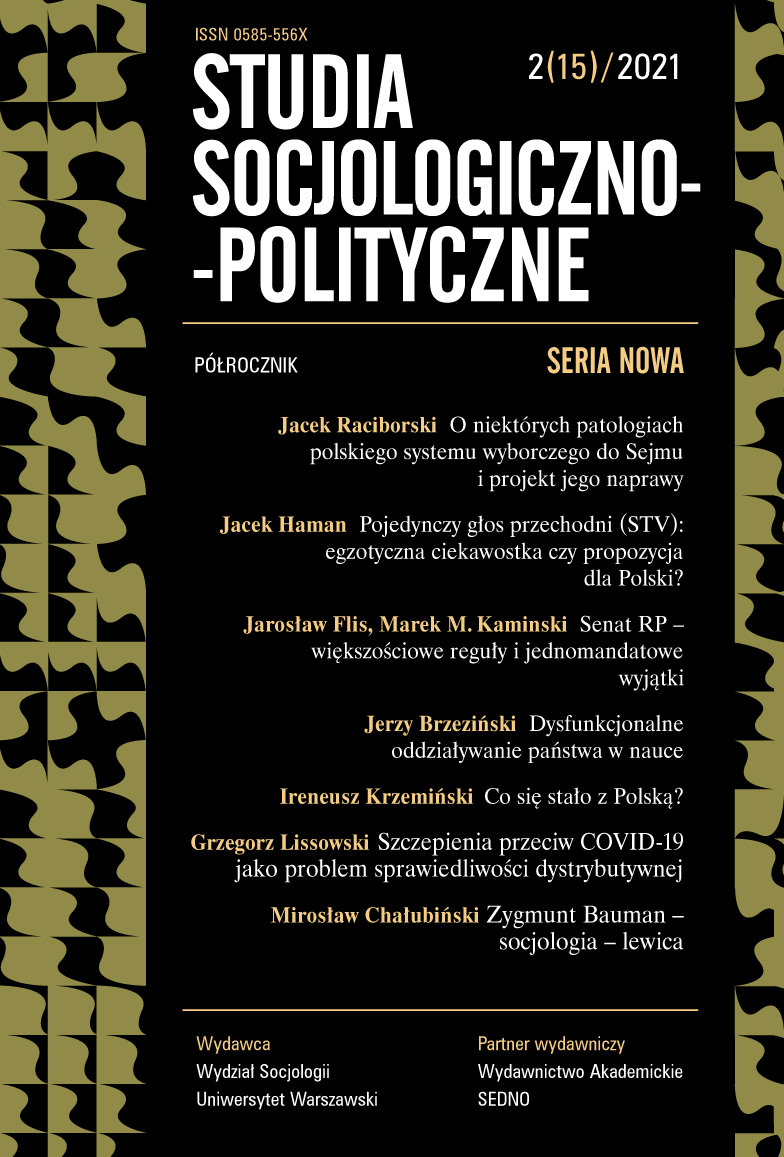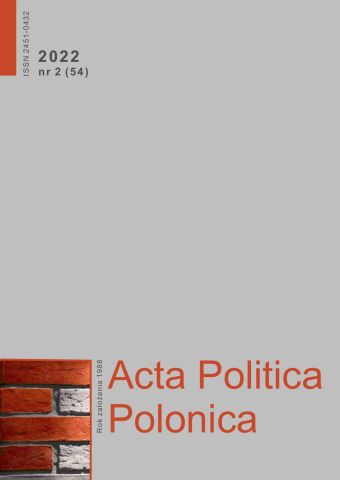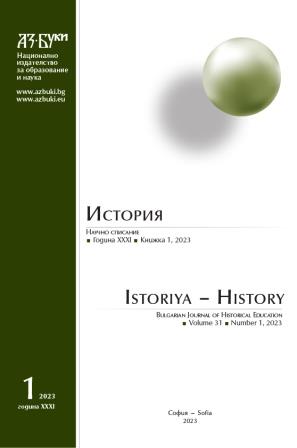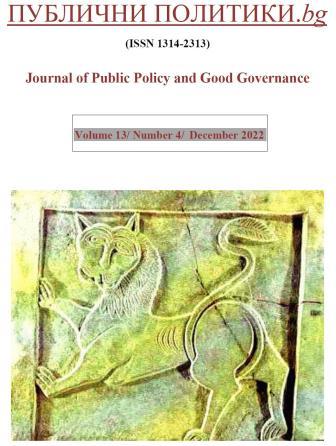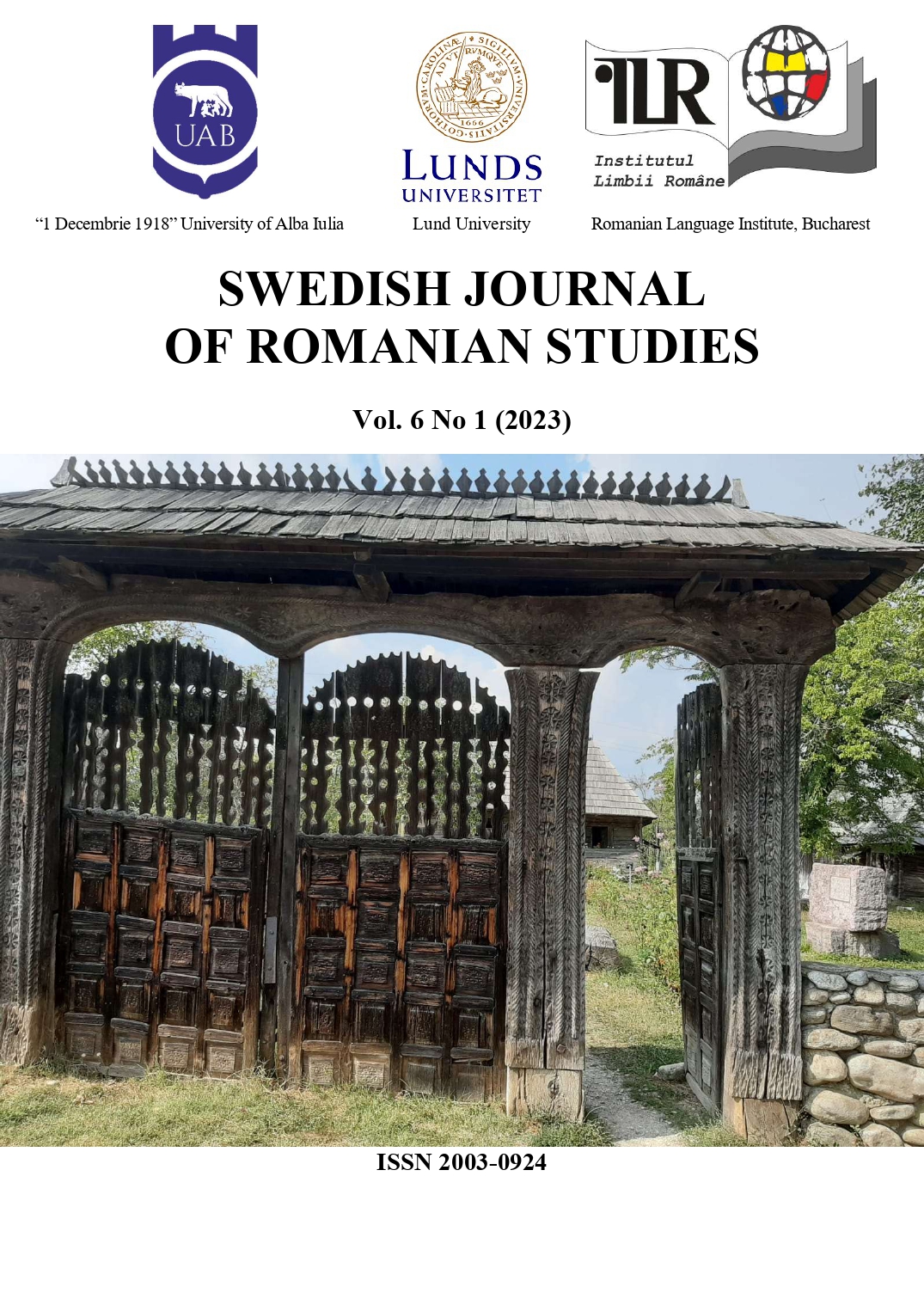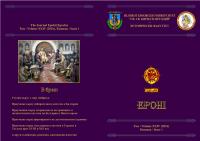
Парламентарни избори и реформи в България (1944 – 1945 г.)
After the coup on September 9 in the country began transformations that gradually impose totalitarian political model. In the first years in the country remains decor democratic institutions, albeit heavily eroded, according to the decisive will of BRP (k). They are planned reforms in the political system and the restoration of the procedure of the National Assembly. Partially is restored multiparty system, but only for “trust worthy parties.” Contrary to still formally inforce TC introduces the mandatory term and the age of eligibility is fixed at 23 years; It allows the distribution of ballotson the day of the vote. Elections for the 26 NSAs are prepared under the proportional system. However, the opposition boycotted them and involve only the ruling Patriotic Front. So electoral experiments can actually be implemented.
More...
